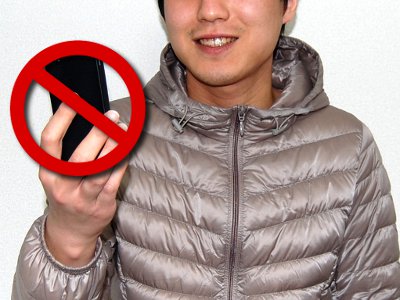China Accuses News Apps of Distributing Porn
 BEIJING – Accusing world news outlets of distributing “pornography and obscene information [that might] harm the physical and mental health of youngsters,” Chinese officials on Monday began pulling the plug on mobile apps developed by companies including Zaker, Chouti and the New York Times.
BEIJING – Accusing world news outlets of distributing “pornography and obscene information [that might] harm the physical and mental health of youngsters,” Chinese officials on Monday began pulling the plug on mobile apps developed by companies including Zaker, Chouti and the New York Times.
The crackdown is part of a larger governmental initiative to sanitize online information available in China. Since Jan. 1, 2009, when the program started, the country has become notorious for blocking foreign websites that do not conform to a long list of policies about what is appropriate for consumption by Chinese citizens. Perhaps because the concept is difficult to define — and therefore makes an excellent catchall category under which to lump any “unapproved” content — pornography tops the list of forbidden material. Other unapproved content includes criticism of the government, medical research, gambling, and video games and other materials that “promote drug use, obscenity or crimes such as rape, vandalism and theft.”
Most recently, authorities have embarked upon a campaign to curb “online rumors,” which observers have remarked may be the most efficient way for the government to sweep social media and microblogging from the Chinese web. The government considers both disruptive and harmful to the culture.
To avoid a total block of their services in China, news app developers have been warned to “rectify” the material they offer, ensuring it does not contain any prohibited content, including anything the government might label “false.” How news sources will deal with the warning has yet to be seen, but past Chinese tussles with companies including Apple’s iTunes and Google’s search engine resulted in threats of obscenity prosecution followed by the corporate giants’ capitulation. No one wants to be shut out of a market comprising nearly 1.5 billion potential users.
Citizens, too, have been warned about re-distributing “offensive” items they find on international news outlets. In September, China’s top court issued a regulation specifying three years’ imprisonment for China resident who creates defamatory or “rumor”-laden posts that are viewed 5,000 times or reposted 500 times.









